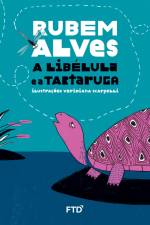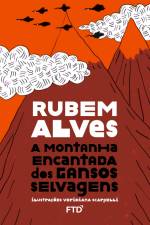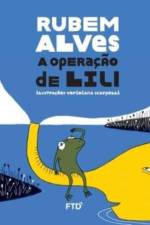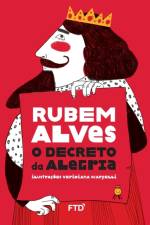av Rubem Alves
385,-
All theories of social change, says Alves, rest squarely on the economic and structural forces operative in society at any given moment in history. Thus many of the proposals offered by today's futurologists fall considerably short of social revolution. They are, in effect, extrapolations from the functional matrix of our society. Like the dinosaurs who ""disappeared not because they were too weak but because they were too strong,"" our civilization is motivated less by the desire for internal growth and existential relevance than it is by blind outward expansion. We are determined by a triangle of interlocking systems, each deriving and giving life to the others: the power of the sword, the power of money, and the power of science. In this context, to be a realist is to accept the rules of the game, laid down by the power lords of our ""rational"" society, whose goals are war, production, and consumption. But the utopian mentality, argues Alves, wants to create a qualitatively new order in which economy must abandon the goal of infinite growth. The only way out, then, is to abort ""realism"" from the body politic and impregnate it with the power of the imagination. This book clears away the debris of realism and lays the groundwork for a constructive theory of creative imagination, moving us toward new forms of social organization where the community of faith can be found.""My late mentor Ladon Sheats, about whom Alvez writes in his new Foreword, said that Tomorrow's Child best expressed his own theology; this book thus helped fuel not only imagination, but embodied Christian activism, and can do so again.""Ched MyersRubem Alves was educated at the Campinas Presbyterian Seminary in Brazil (Union Theological Seminary New York), and Princeton Theological Seminary. A Presbyterian minister and professor at the University of Campinas in Brazil, Alves is the author of What is Religion? and Theology of Human Hope.











